Reporting of animal welfare prosecution highlights major gap in the law
A recent animal welfare prosecution has highlighted two issues that the public should be aware of.
Posted on 27/02/2020
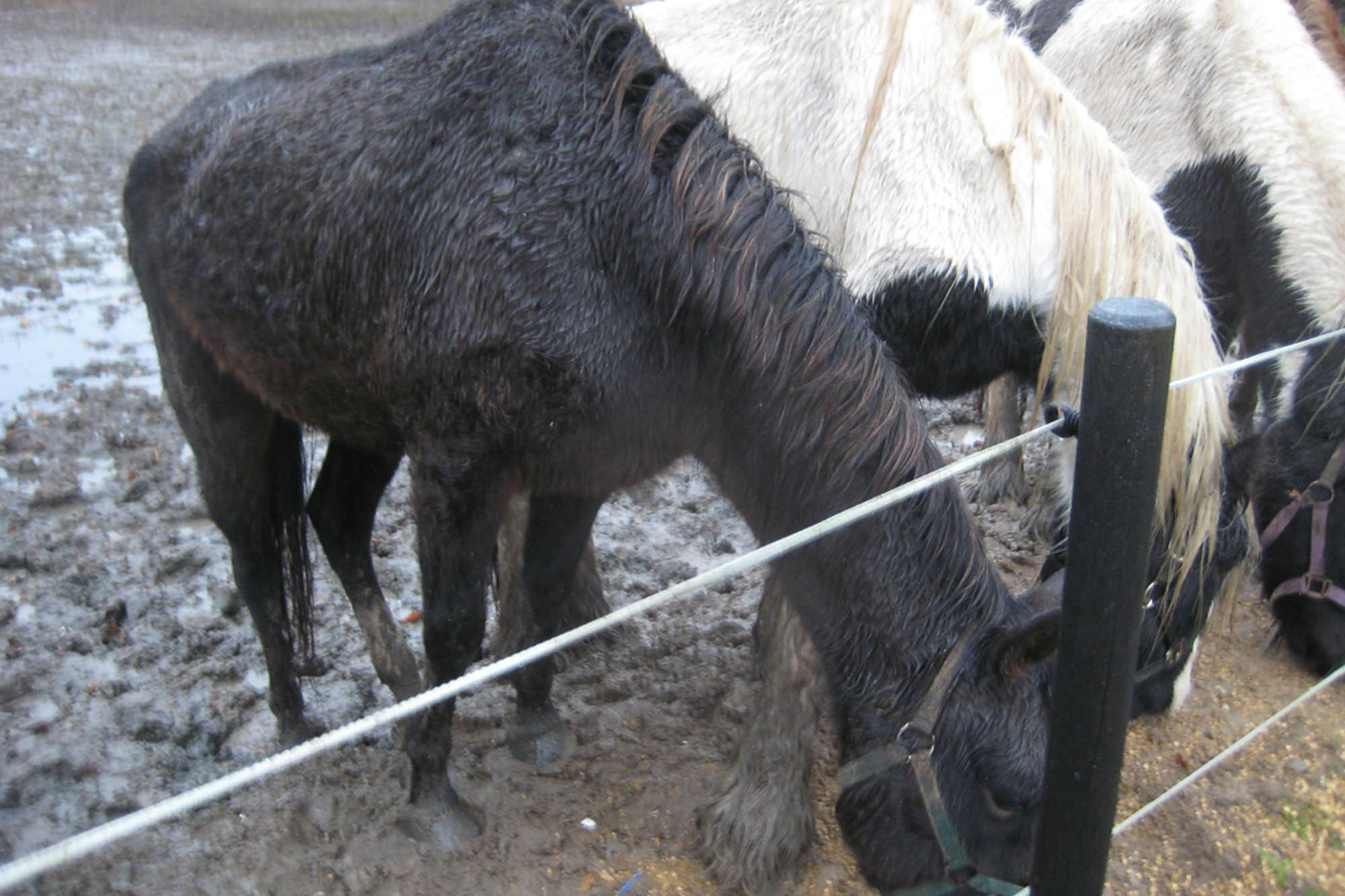
The recent prosecution of an equine rescue centre is a cautionary tale for the public on two fronts: 1) that animal sanctuaries, rescue and rehoming centres are completely unregulated and there is no guarantee of even basic welfare standards and 2) that some animal welfare organisations are not set up as a charity, but instead are for-profit companies, which means their governance is not subject to scrutiny by the Charity Commission and there is no guarantee that donations made will go to the care of the animals.
The first issue can be resolved by government introducing licensing and inspections of all sanctuaries, rescue and rehoming centres and the public ensuring that they do not entrust their animals to an organisation that is unable to properly care for them; and the second by the public checking to ensure that they only give donations to charities (rather than for-profit companies).
In this case, the lack of regulation for rescue centres to meet basic welfare standards created a welfare problem of its own. The centre at the heart of this prosecution had been warned to improve the conditions of the horses previously; however, when the RSPCA revisited in late summer 2019 four of the horses were in such poor condition they were seized by the RSPCA and became the subject of a prosecution.
The centre had a number of other horses which did not form part of the prosecution case. Late in 2019 the RSPCA approached the National Equine Welfare Council (NEWC) to ask their members for help in rehoming these remaining horses. World Horse Welfare took six of the horses; Mare and Foal Sanctuary took another six; HorseWorld took four; and Blue Cross took two. Another six horses had underlying long-term health issues or were so aged that it would not have been kind to attempt to rehome them and the difficult decision was made by the owner to have them put to sleep on site.
“There is currently no requirement for sanctuaries, rehoming or rescue centres in the UK to be licensed and inspected and this is real cause for concern. Anyone can set one up and, although these are usually set up with the best of intentions, some struggle to provide the necessary care for the animals. It may not be until a member of the public raises concerns about the welfare of the animals that the problem is recognised, by which time the horses and ponies involved can already be suffering.
“It is worth bearing in mind that passing on a horse that is no longer able to be ridden or you can no longer afford to keep, for instance, will also increase the financial burden to the centre it is passed to and you could, unwittingly, be compromising your horse’s welfare and contributing to the overall problem.”
Tony Tyler, World Horse Welfare Deputy Chief Executive
It is expensive keeping any animal, both in terms of time and money, and this is especially true of horses. As a basic minimum, horses need feed, shelter, regular foot trims and routine veterinary treatment all of which involve ongoing costs. Many of the animals that are homed in rescue centres and sanctuaries are older or have on-going health issues making the cost of keeping them in a healthy state even higher.
Some of the reports of this case in the press incorrectly referred to the defendant’s rescue centre as a charity, and this highlights the second issue of which the public should be very aware. Charities, such as World Horse Welfare, are registered with the Charity Commission which regulates the governance of charities in England and Wales to ensure that the public can donate to them with confidence. This means that these organisations must have certain governance requirements in place – including appointing independent trustees who are legally responsible for a charity’s management and administration – and be transparent in how the funds they raise are spent. If there are any concerns around mismanagement in charities, for example misappropriation of funds, then the Charity Commission can take action. All members of NEWC are registered charities, and all display their Registered Charity status and number prominently on their websites and paperwork.
If you are considering signing a horse over to a sanctuary, rehoming or rescue centre, it is currently up to you to check you are happy with their welfare standards and on their charitable status. Whilst they may be meeting good welfare standards, as there is currently no requirement for them to be inspected and licensed if there is a change in circumstance and conditions deteriorate this may not be picked up quickly. In addition, if they are not a charity it does mean that their governance and management are not regulated in the same way. This means that there is no guarantee that any money donated to them will be used towards the welfare of their animals.
Tony said:
“There are many good sanctuaries, rescue and rehoming centres around the country, and those that are members of the National Equine Welfare Council (NEWC) are voluntarily inspected to ensure good welfare standards. However, this is not the case with rescue centres and sanctuaries that are not a part of NEWC, so do ensure you visit any centre you are considering for your horse. Ensuring that all such centres provide good welfare is vital and World Horse Welfare wants to see licensing of rescue centres and sanctuaries enshrined in law with compulsory minimum standards set out in supporting guidance.”
We strongly believe that licensing should not unfairly penalise dedicated organisations that strive to offer vulnerable horses a better future but should give them clear guidance on what they need to do to ensure they are protecting their welfare. However, in those circumstances where welfare is compromised, it would also allow for this to be established more easily and action to be taken and help to prevent a repetition of this recent case and the suffering the four horses endured.
Topics
Related News
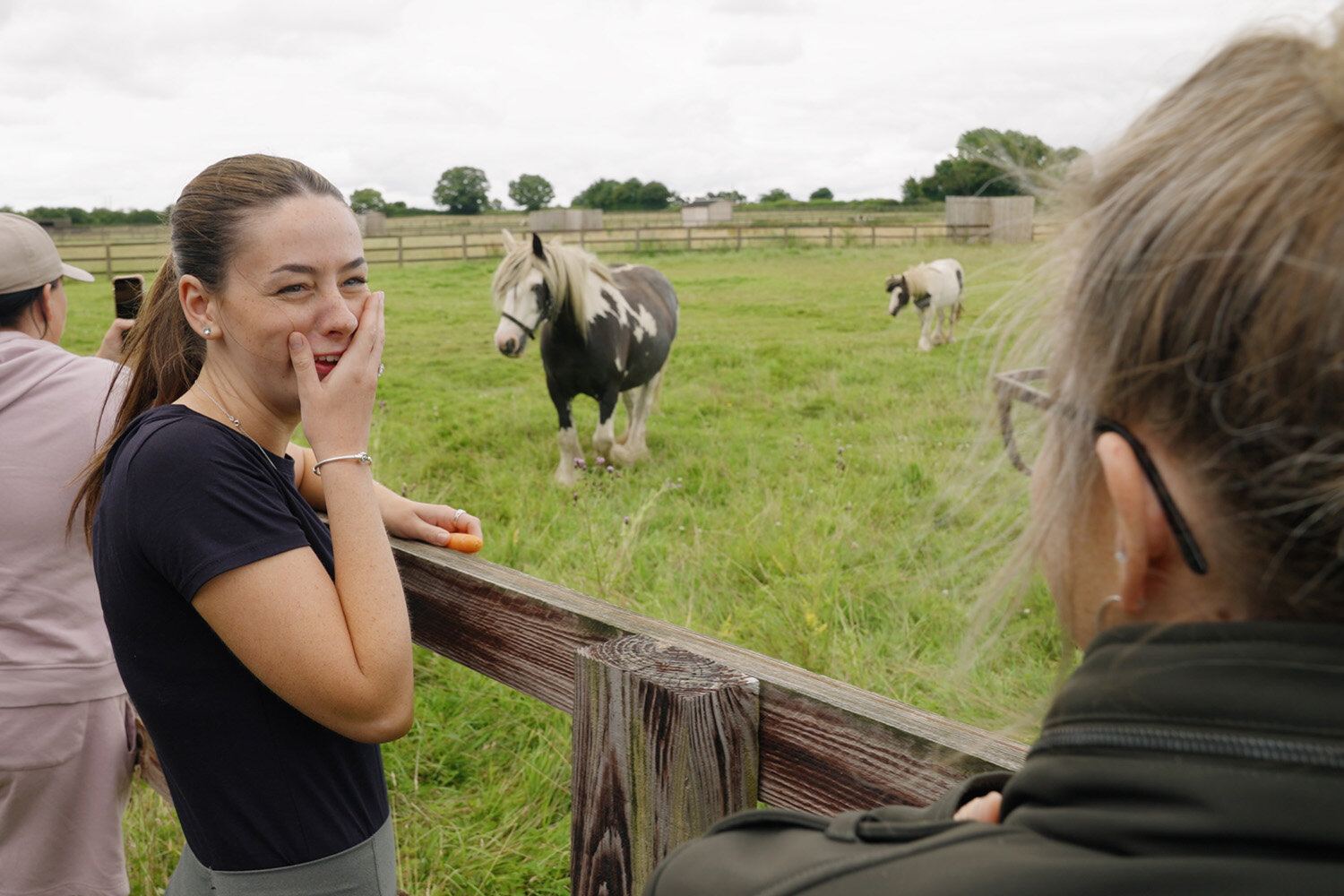
Horses reunited with the women who fought for their survival
The story of 13 neglected horses who have been rescued by our charity.

New research shows obesity is not just a growing problem for humans
Equine obesity is an increasing but under-recognised welfare issue in the UK.
Recommended Blog Posts
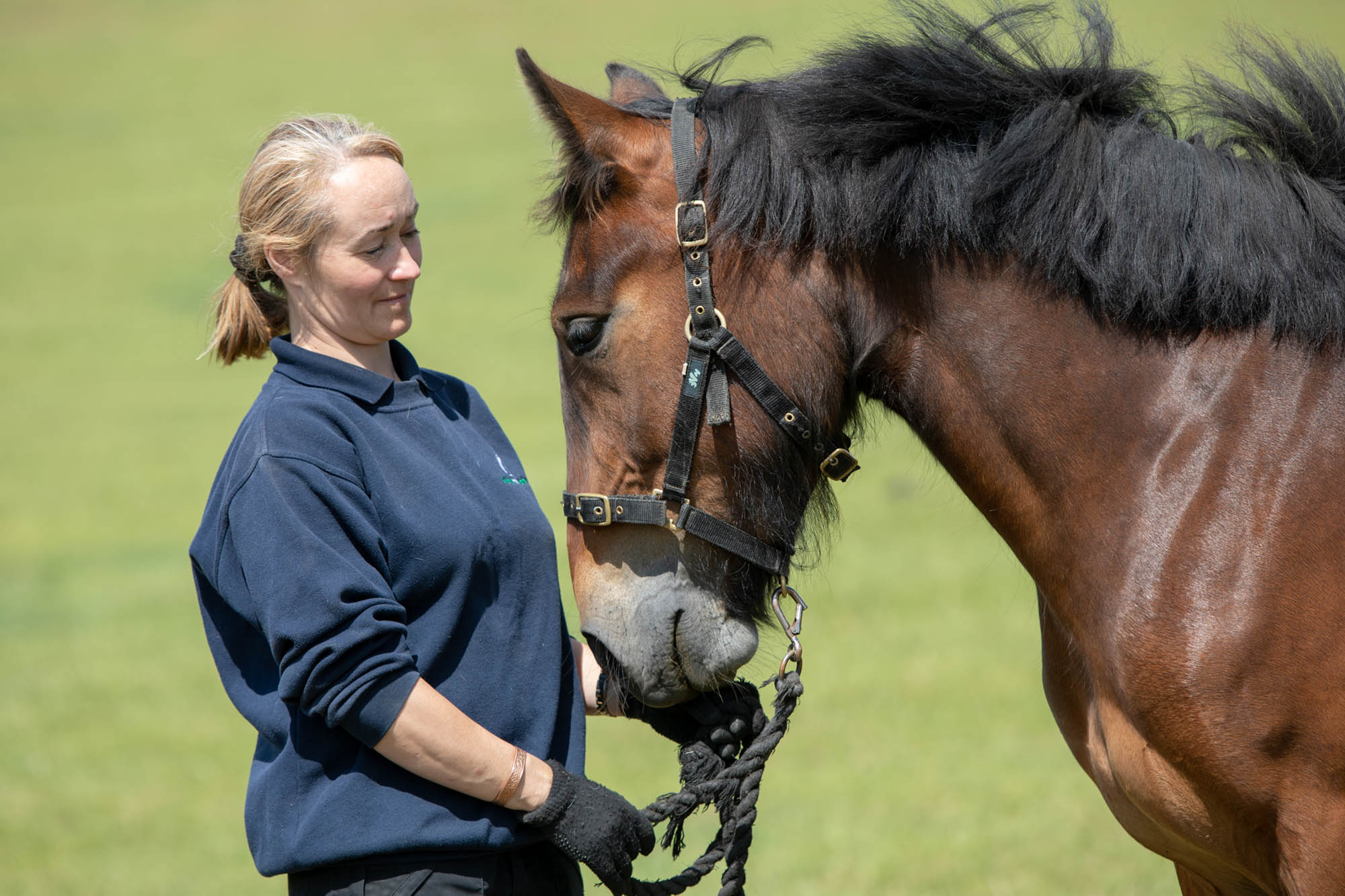
“So how does Vet Day work then?”
Claire Dickie, Glenda Spooner Farm Centre Manager, gives an overview of how vet day works at our farms.
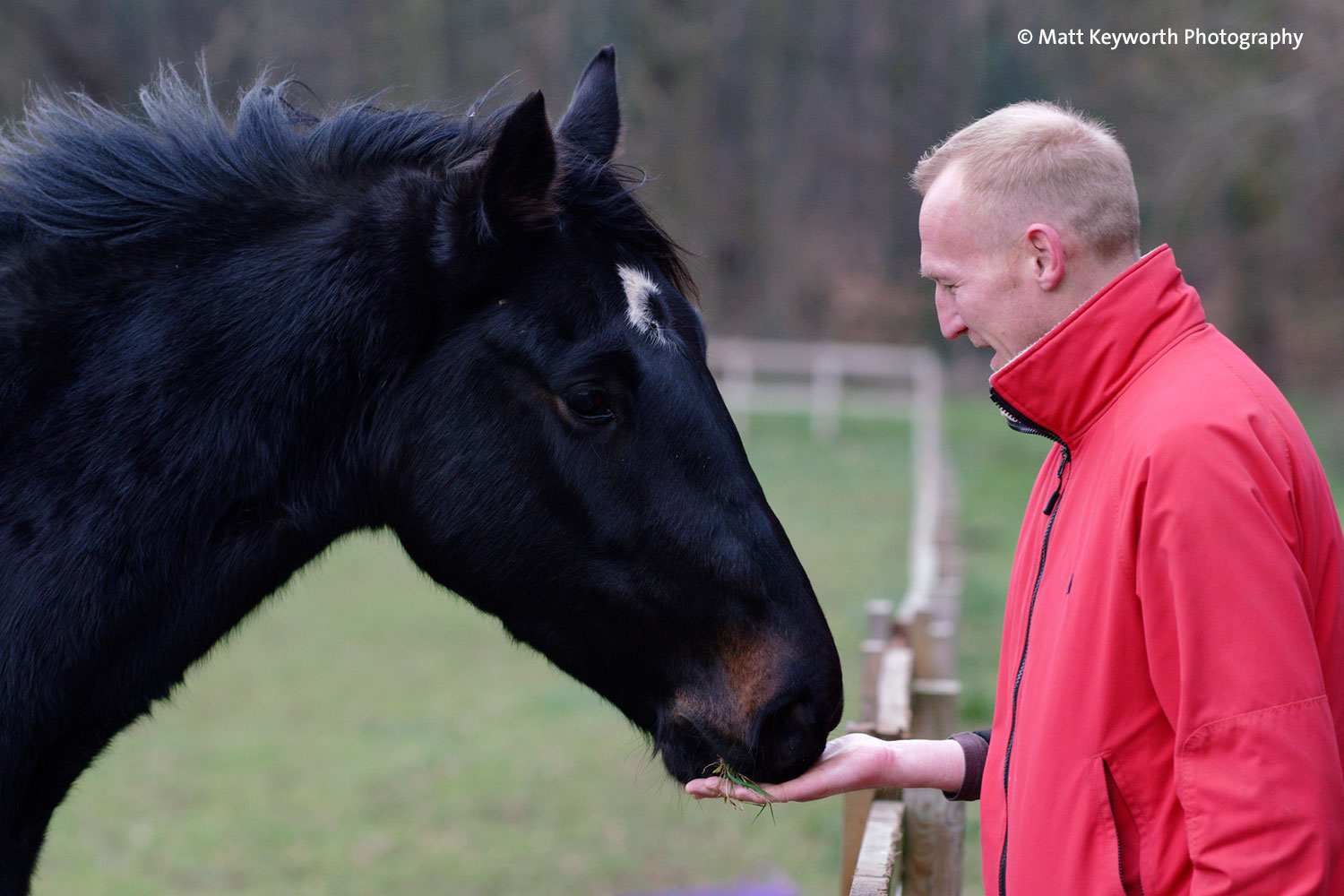
Autumn worm control: which worms should you test for?
Field Officer Chris Shaw explains which worms you should be testing for in the autumn – and why it’s so important to test before treating.
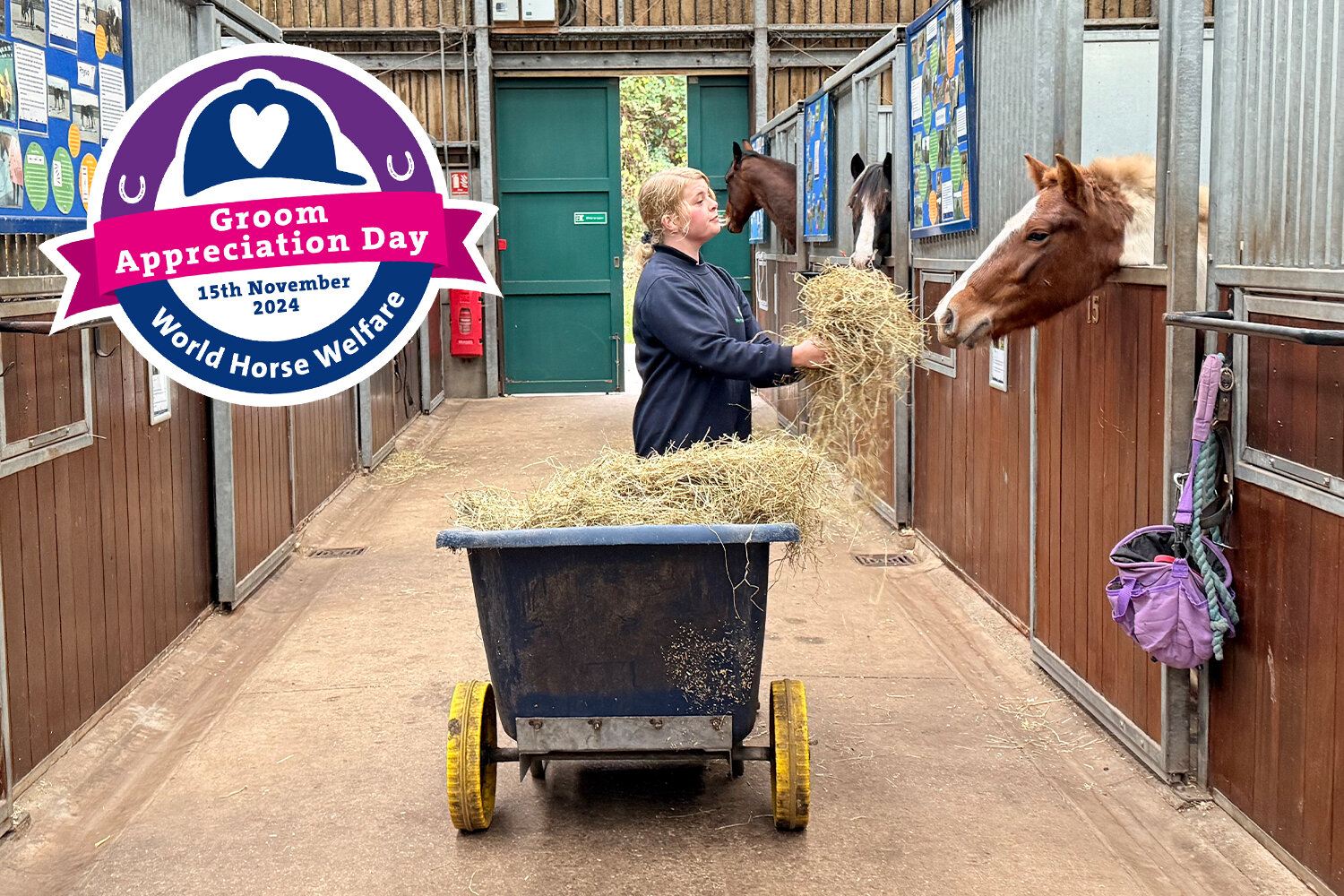
Meet some of our often-unsung heroes on Groom Appreciation Day – Emily at Penny Farm
"It’s an amazing opportunity to give horses like these a second chance in life so they are loved and cared for."
Enjoy reading stories like this?
Join over 55,000 other horse lovers and sign up for our email newsletter

Join over 55,000 other horse lovers and sign up for our email newsletter
Sign me up now